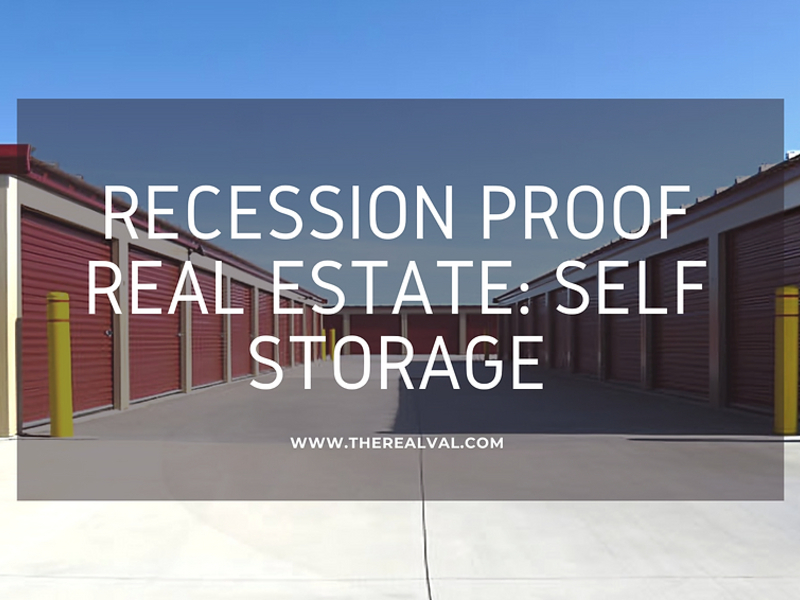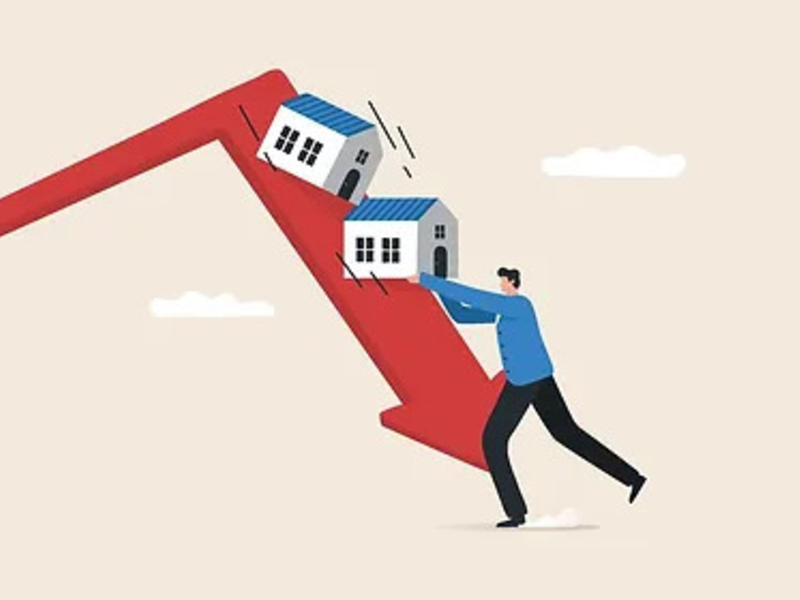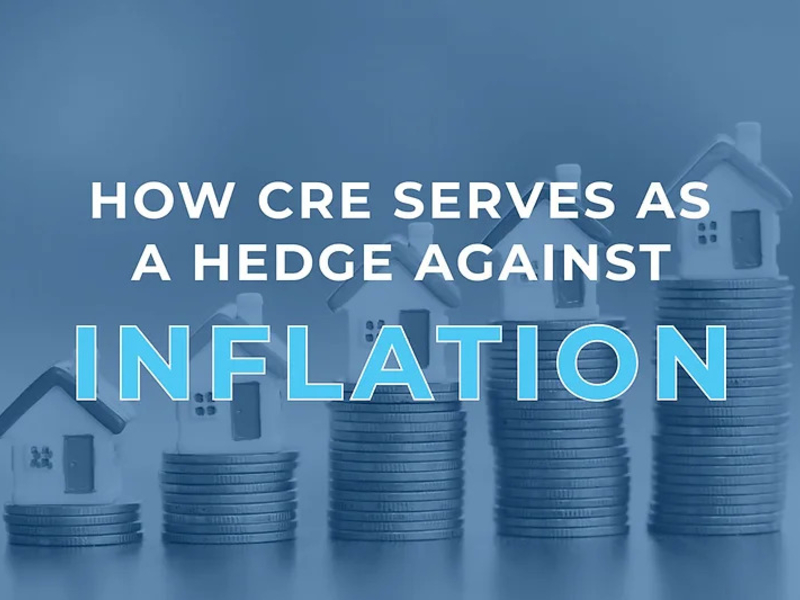The possibility of a recession looms over us, and while it is inevitable that none is left unscathed or at least a little wounded, some are strong enough to weather the worst of it! Self-storage is one such knight in real estate industry.
Self-storage's demand is strong in both prosperous and tough economic conditions. The sector has proved its ability to stand tall against recessions, gaining traction throughout the pandemic. Latest trends, such as remote work and the desire to declutter, prove to be long-term drivers of demand in the self-storage market.
Self-storage real estate is frequently deemed resilient during economic downturns for various reasons. In times of financial strain, individuals and businesses commonly opt for downsizing, resulting in a heightened demand for storage facilities. This phenomenon is commonly referred to as the "Four Ds of Self Storage," encompassing death, divorce, dislocation, and downsizing.
Wondering what makes self-storage iron clad in the face of economic slowdown?
1. Rising Demand: During recessions, demand for self-storage facilities increases as individuals and businesses downsize, face foreclosures or evictions, or opt for smaller premises. Economic uncertainty leads to delays in major moves, prompting temporary storage needs. Decluttering efforts to save money also contribute to higher demand. Additionally, businesses undergoing liquidation may use these facilities. Overall, self-storage serves as a crucial resource during economic downturns, offering cost-effective solutions for managing belongings or assets.
2. Low Operational Costs: Self-storage facilities boast of lower operating costs in comparison to other real estate investments due to various factors. Firstly, their simple and durable structures necessitate minimal maintenance, with units typically requiring only occasional repairs. Moreover, staffing needs are minimal, as these facilities often operate without full-time on-site personnel. These reduced operating expenses render self-storage facilities less vulnerable to economic downturns, safeguarding revenue streams even in challenging times.
3. Multiple Tenants: Vacancy expenses typically pose less concern for self-storage facilities. As long as the property is reasonably situated and provides the necessary unit sizes or amenities sought by nearby residents or businesses; vacancies tend to be manageable. Even during a recession, if the facility had a nearly full tenant roster beforehand, it's unlikely to experience significant changes. With most self-storage properties offering a sufficient number of units, a small number of additional vacancies usually doesn't jeopardize the financial stability of the property.
4. Diverse Customer Base: Self-storage facilities cater to a diverse clientele, spanning individuals, families, small businesses, and larger corporations. During economic downturns, different sectors may be affected to varying degrees. By serving such a broad range of customers, self-storage facilities are less reliant on any single sector or industry for their revenue. This diversification spreads the risk across various segments of the economy.
5. Flexible Rents: Self-storage facilities provide short-term rental agreements, enabling customers to adapt their storage requirements based on their financial circumstances. This adaptability renders self-storage an appealing choice for individuals and businesses alike, regardless of economic conditions. Additionally, rental income from self-storage units remains relatively stable, with tenants typically paying monthly rent for their storage space. This consistent cash flow serves as a reliable income stream for investors, helping them navigate through economic downturns with financial stability.
All the aforementioned factors undoubtedly make self-storage real estate an attractive avenue for an investor to invest in. The inherent resistance of self-storage to economic fluctuations offers investors a dependable income source, especially amid widespread market instability.
Overall, opting for self-storage investments during a recession offers a blend of stability, cost-effectiveness, and prospects for sustained growth. This makes it one of the best choices for investors aiming to diversify their portfolios and navigate through unpredictable economic climates.
Trending





